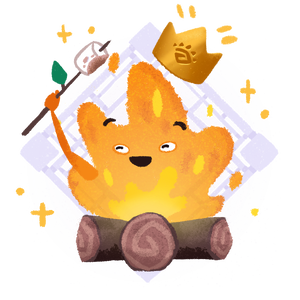



〜と: Conditionals 2
apprentice #54
~ 5 Minutes
Introduction
Welcome to another lesson about conditionals. I bet you're still buzzing with excitement from the last one... but if you're not, now's the time to get buzzing again. Sigh, what am I saying. That would only make sense if you were a bee or something. Ah!!! I can't stop using conditionals!!!
Using と to create a conditional statement
Structure

dictionary form
verb/negative, casual formnot conjugated; the form of a word as you would find it in a dictionary (e.g. {食|た}べる, おいしい).
form verb/い-adjectiveとClausethe negative form of the casual/plain form, can also be called ない-form (e.g. {食|た}べる → {食|た}べない, {飲|の}む → {飲|の}まない).

な-adjective/NounだとClause
Example:
→ 車がないと何もできない。
"If you don't have a car you can't do anything.”
In our previous lesson, we covered using the conditional form (~ば) of verbs and adjectives to create conditional statements. We also covered a wide variety of usages including hypotheticals, facts, and so-called "first conditionals" that express future events (e.g. "If it rains, I won't go").
Want to read more and save your progress? Login or Register now to continue!
Homework (Grammar SRS)
Completing this lesson will add these Grammar SRS items to your main Grammar Study List
